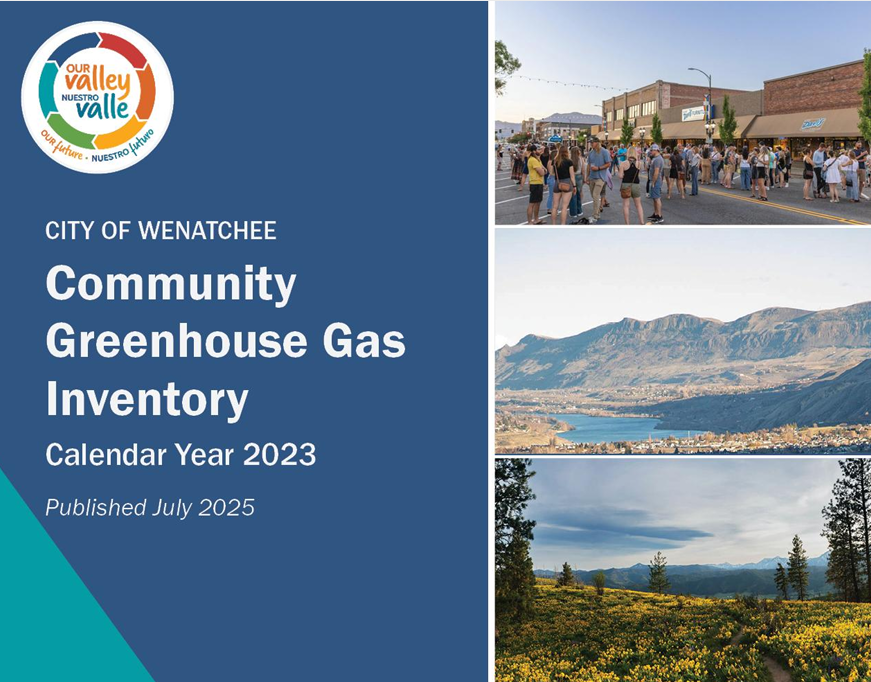Everything You Want to Know about the Climate Commitment Act & I-2117
- marlene0303
- Oct 3, 2024
- 3 min read
Updated: Nov 22, 2024
By Marlene Farrell
We encourage you to do what you can to be educated on the candidates and initiatives that are at stake in this year’s elections so you can vote for what matches your values and what is best for you, your family, the community, and our environment.
One ballot measure we would like to help you understand is I-2117, which would repeal Washington State’s Climate Commitment Act (CCA), which passed in 2021. The Washington state legislature passed the CCA, and Governor Inslee signed it into law, in recognition of the threat of climate change to the environment and human health, and that reducing climate change requires reductions in greenhouse gas emissions from fossil fuel use. Washington has committed to reduce fossil fuel use by 45% by 2030, 70% by 2040 and 95% by 2050.
The tactic created by the CCA to drive reduction is a cap and invest program. A cap and invest program creates a market where companies bid on a set number of “allowances” to pollute. Each allowance in Washington is worth 1 metric ton of CO2 or CO2 equivalent into the atmosphere. The allowances can be traded. However, each year, the cap on emissions is set to go down. The goal of the system is to incentivize companies to make incremental changes to pollute less.
Since this program began, the price of allowances has been volatile, with unexpected highs and lows. To increase stability, the Washington legislature facilitated, through Senate Bill 6058, linkage of Washington’s carbon market with the other established market shared by California and Quebec. The effect of linkage will be reviewed after the next allowance auctions occur (every few months).
The invest portion of the CCA creates funding for projects throughout the state involved in clean energy transformation and climate resiliency across ecosystems and in communities as they adapt to the effects of climate change, with special emphasis on the most vulnerable, like seniors, those living in lower income neighborhoods, tribes, and those with challenging medical conditions. The funds have supported projects throughout the state including NCW.
In summary, the CCA is an innovative multi-pronged tool to combat climate change. It has precedents in other regions, and it has the power to gradually increase pressure to move Washington toward a post-carbon economy.
I-2117 on this November's ballot is an attempt to repeal the CCA, whose funds come from a carbon cap and invest system in our state, requiring large greenhouse gas emitters to pay to have auctioned allowances, with the number of allowances slowly decreasing each year.
One of the proponents' main argument for I-2117 is that by taxing polluting companies, the costs are transferred to the public and lower income families are impacted more because gas and home heating, for instance, are a larger part of one's budget (i.e. it's a regressive tax). But organizations like the Statewide Poverty Network disagree, saying I-2117 will hurt lower income families because "it would cut funding for programs that lower utility costs for low and middle income households and provide access to energy efficient cooling and heating systems for families, tribes and businesses."
It is important to note that if I-2117 passes, and the CCA is repealed, the funding for many environmental projects and programs in every county of the state will evaporate.
Right now, the proceeds from the cap and invest system of the CCA fund:
More bike lanes and side walks
Energy efficiency in new building construction and renovations
Electrifying WA State ferries
Forest health and wildfire prevention measures
Improved efficiency in port and rail activities
Expanded public transit services
Many general road and bridge projects
Air quality monitoring and improvement projects, with a focus on overburdened communities
Electric vehicle charging infrastructure
Tribal-led projects addressing concerns like those listed above
Here you can find an interactive map to explore the funded work further. I hope this helps you make an informed decision when you vote. As was stated in a September 29th article in the Seattle Times, "Other states [are] watching this election while deciding whether to enact similar policies of their own. In that way, this ballot initiative has the potential to shape the national emissions profile, and in essence, the climate itself."




Comments